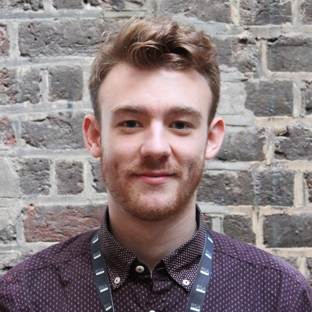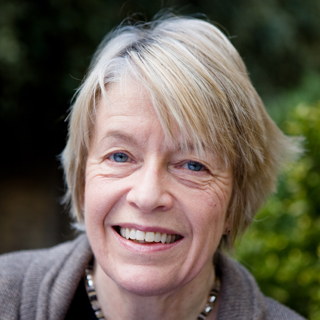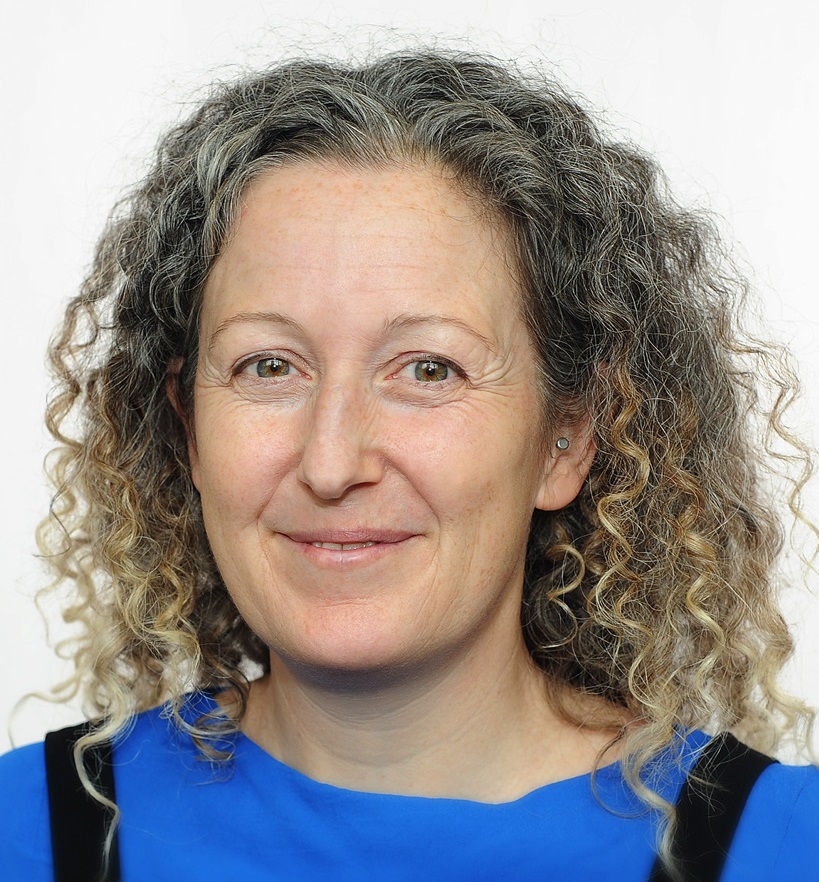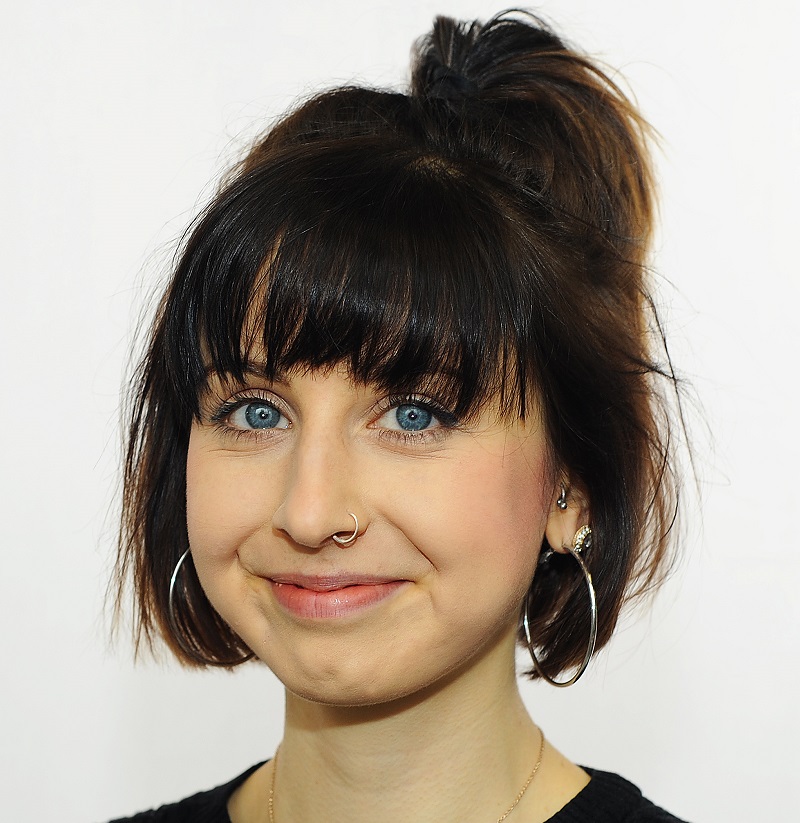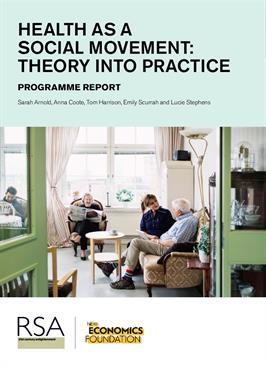Since the project was commissioned by NHS England in 2016, the RSA has been working with the New Economics Foundation (NEF) to build momentum for change by supporting six NHS ‘New Care Model’ sites across England. The Health as a social movement programme has contributed to a growing inventiveness of the health system to be open to new influences to meet the daunting challenges it faces, regardless of significant extra resource.
The project reflects chapter two of NHS England’s Five Year Forward View (FYFV). Here the ambition for the health and care system refers to empowering communities, getting serious about prevention and describes the NHS as a ‘social movement’. The aim of the programme has been to increase the impact of population health approaches, influencing systems at a local scale to orient more strongly towards prevention of illness, promotion of better health for all, and addresses the underlying determinants of health.
The programme secured its legacy with launch of its final report ‘From Principles to Practice’ and accompanying animation. In it we outline eight principles for health and care system reform and demonstrate them in action.
We highlight examples such Greater Manchester Cancer Vanguard’s recruitment of 2000 cancer champions across the city; The Royal Free London’s initiative to shift its health improvement offer to better reflect the needs of its lowest paid staff and the Alzheimer’s Society’s role in changing the culture in care homes, encouraging eight care homes in and around Leeds to become an asset to the community.
The 8 principles:
- Act early: connect and mobilise citizens to develop a shared purpose and take collective action.
- Shift control: enable people to have more access to, and more control over, the resources in their community that impact on health and wellbeing.
- Collaborate widely: join forces with local anchor institutions, local CVS organisations and other public services.
- Share power: form partnerships between citizens and professionals, pooling different kinds of knowledge and experience.
- Change culture: work to change culture and practice within state and civil society organisations.
- Growing from local: make sure decisions and actions are rooted in local experience and build on the assets and experiences of the community.
- Building momentum: learn as you go and use every opportunity to spread good practice
- Bringing people together: Connect and mobilise citizens to build knowledge, help each other, develop a shared purpose and then take collective action in their communities to help each other stay well
Working alongside an extensive community of practice (including GP surgeries, schools, Foundation Trusts, care homes and numerous CCGs and local and combined authorities), the RSA’s role has been to spread evidence of what works beyond the expert sphere of health professionals. To give one example, the RSA supported the Royal Free NHS Foundation Trust to showcase its work to the London Assembly. This work builds on the unique strengths of the organisation to achieve impact which included supporting an animation brief from the RSA’s award-winning Student Design Awards which has been viewed over 18,000 times.
The partnership with NHS England has been consistently informed by the engagement of our Fellowship. The effort will continue through the work of a new network of Fellows who have created an Health, Care and Wellbeing Network to share ideas and collaborate on projects that drive positive change in relation to health, care and wellbeing.
Please sign up if you are interested in joining this growing network of change-makers
pdf 1.7 MB
Contributors
